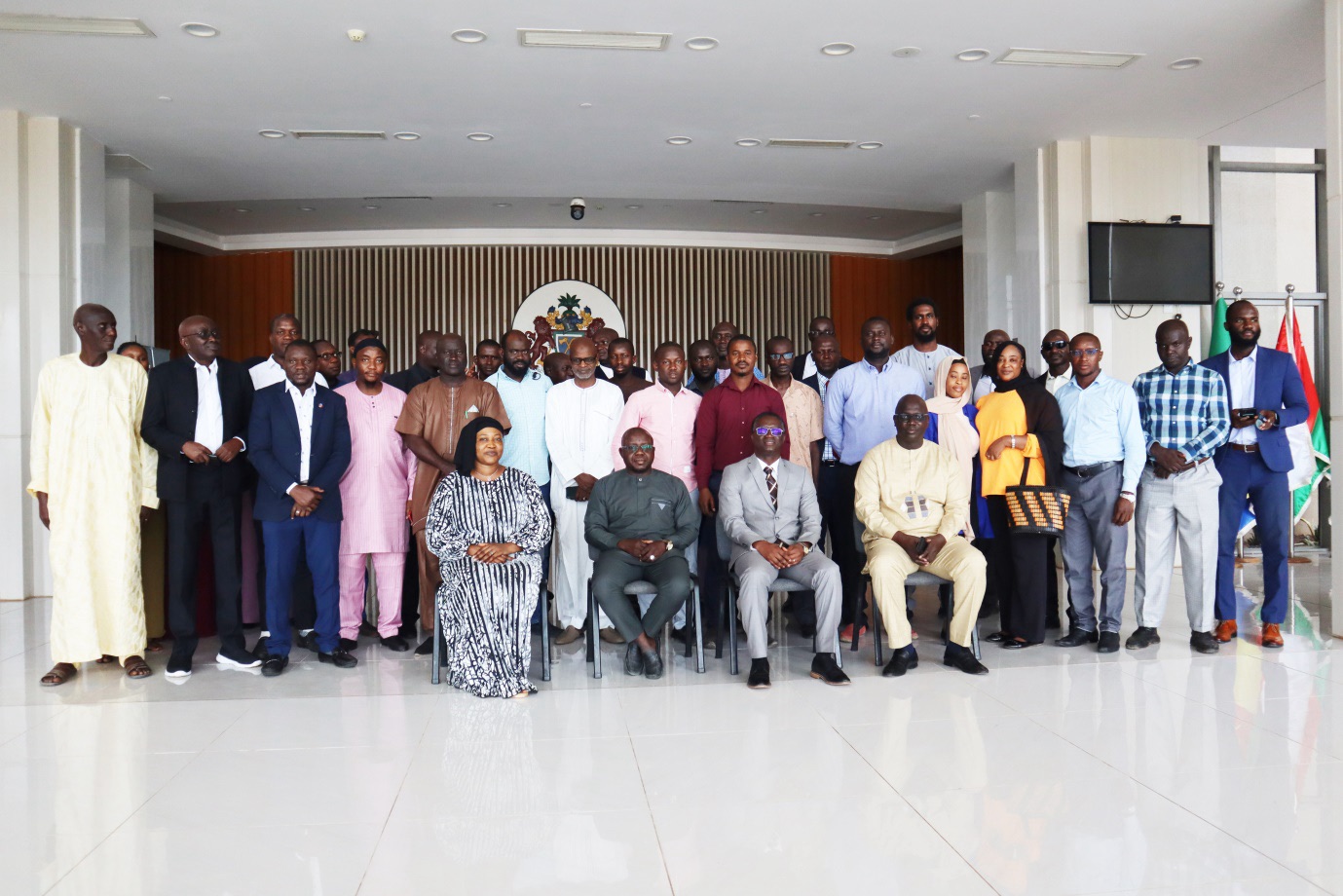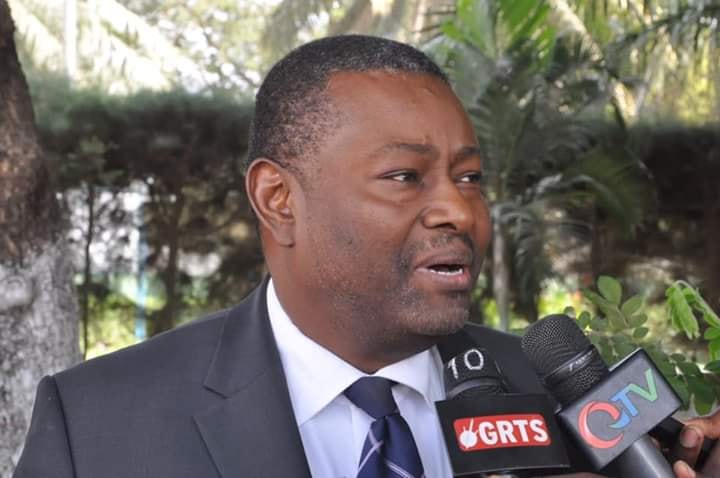– Minister Gomez
By: Fatoumata Joof & Mariatou Ngum
The Honourable Minister of Higher Education, Research, Science and Technology, Professor Pierre Gomez, has said that the National Human Capital Development Strategy and Action Plan (2024-2030) “represent a significant milestone in our commitment to investing in our greatest asset: our people.”
According to him, Africa is undergoing profound shifts in its economic fundamentals at the continental level, directly impacting human capital development. “Africa’s aid architecture is evolving, and on the technology frontier, it is benefiting immensely. However, environmentally, urgent action is needed to address the consequences of climate change, food shortages, displaced populations and increasing poverty,” he stated.
Minister Gomez made these remarks recently at the validation workshop of the National Human Capital Development Strategy and Action Plan (2024-2030)held at the SDKJCC in Bijilo. The strategy aims to build a skilled, healthy, and productive workforce that drives innovation, entrepreneurship, and sustainable development across all sectors of the economy.
The Higher Education Minister says the ECOWAS Commission has been supporting member states to develop their national strategies aligned with their national development plans and the ECOWAS 2030 Integrated Regional Human Capital Development Strategy since the ECOWAS Regional Human Capital Development Strategy came into effect. “In line with this, the Government of The Gambia has deemed it prudent to develop a National Human Capital Development Strategy (NHCDS) that builds on the findings of the McKinsey study on The Gambia’s human capital and harmonises all other sector policies and strategies focused on Human Capital Development,” he underscored.
Minister Gomez emphasizes that the National Human Capital Development Strategy and Action Plan (2024-2030) is not a product of a single entity, but a result of extensive stakeholder consultations with MDAs, the private sector, and civil society. “This collaborative approach ensures that the strategy is comprehensive, inclusive, and reflective of the needs and aspirations of The Gambia,” he added.
The Permanent Secretary of the Ministry of Trade, Industry, Regional Integration and Employment, Mr. Lamin Dampha, informed the participants that the formulation of the strategy was a testament for their shared commitment to advancing the socio-economic development of The Gambia. According to him, Human Capital Development is at the heart of their national development agenda, directly influencing their economic growth, social progression, and overall prosperity. He said this was manifested in the Pillar IV of the Recovery Focused – National Development Plan, 2023-2027 (Yiriwa).
The Permanent Secretary of the Ministry of Higher Education, Research, Science and Technology, DrYusupha Touray said that people’s competencies would lead to improved production in any state. To improve on that, the country needs to have the desired health and education to contribute adequately to national development and society even beyond retirement age. “Therefore”, he reiterated, “all these conditions must be considered to ensure the people have the right productive capacity within a country,”he concluded.





